All Stories
-
 Climate
ClimateZapping clouds with lasers could tweak planet’s temperature
Breaking up the ice particles inside cirrus clouds could make them reflect more light, turning them into a tool to combat global warming.
-
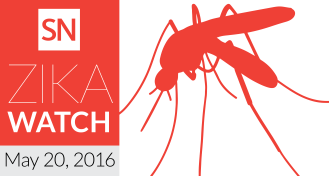 Health & Medicine
Health & MedicineCDC tracking 279 U.S. pregnant women with possible Zika infections
The number of U.S. pregnant women with evidence of Zika infection has climbed to nearly 300, and includes both women with and without symptoms.
By Meghan Rosen -
 Animals
AnimalsThese mystery mounds are actually giant piles of earthworm poop
The grassy mounds that dot a watery landscape in South America are created by giant earthworms, a new study finds.
-
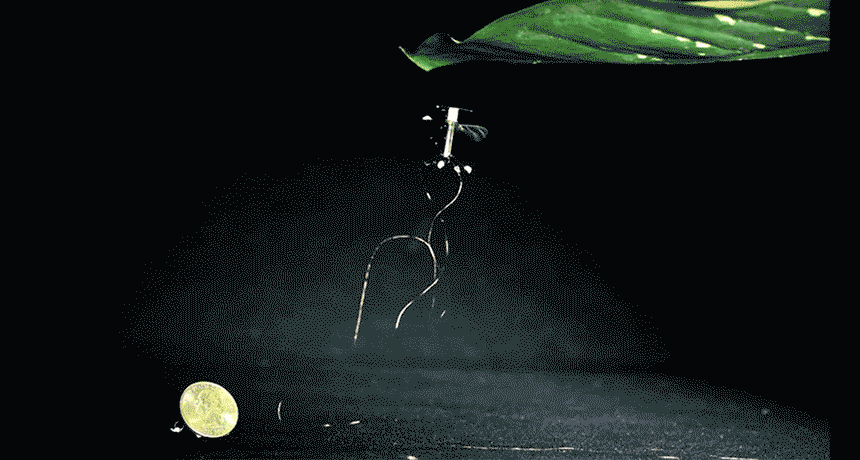 Tech
TechInsect-sized bot is first to both fly, land
A tiny aerial robot nicknamed RoboBee uses static electricity to perch on surfaces midflight. The landing device could one day help robots conserve energy during search and rescue missions.
By Meghan Rosen -
 Genetics
GeneticsRisk identified in procedure for ‘three-parent babies’
Resurgent mitochondria could spell trouble for disease therapy.
-
 Neuroscience
NeuroscienceWiping out gut bacteria impairs brain
Antibiotics that wiped out gut bacteria curbed brain cell production in mice, a new study finds.
-
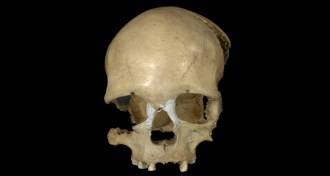 Genetics
GeneticsSome Stone Age humans ventured back to Africa
DNA from an ancient woman suggests some humans trekked back to Africa.
By Bruce Bower -
 Genetics
GeneticsSome Stone Age humans returned to Africa
DNA from an ancient woman suggests some humans trekked back to Africa.
By Bruce Bower -
 Oceans
OceansAncient tsunamis reshaped Mars’ landscape
Ancient tsunamis generated by meteorite impacts may have reshaped ocean coastlines on Mars.
-
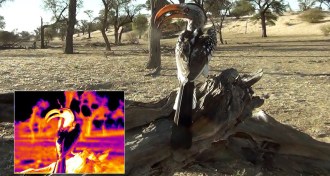 Animals
AnimalsHornbills join toucans in the cool beak club
Like toucans, southern yellow-billed hornbills keep things chill with cool beaks.
-
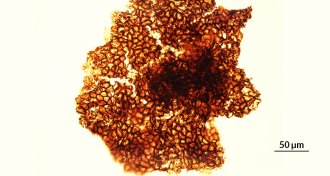 Life
Life1.56-billion-year-old fossils add drama to Earth’s ‘boring billion’
Ancient multicellular eukaryotes big enough to be seen by the naked eye discovered in 1.56-billion-year-old rock in China may be an ancestor of modern algae.
By Meghan Rosen -
 Oceans
OceansThe Arctic Ocean is about to get spicier
Variations in the saltiness and temperature of seawater of the same density, called spiciness, could increase as the Arctic Ocean warms.